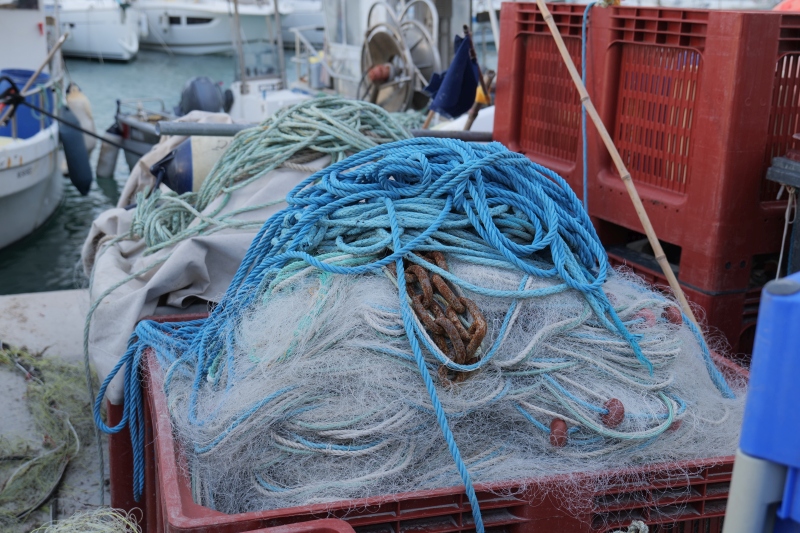People genuinely want to help. It is rare to meet someone who doesn’t have the desire to change things for the better.
The difficulty is to decide what help is needed, what help is asked for, and what help is suitable.
When the desire to help is part of an automatic reaction, the help offered rarely will be discussed with the person receiving the help. It seems socially acceptable to go ahead and may sometimes be associated with how one is polite to one another. However, the lack of conversation between the one offering his help and the person receiving the help leads to a gap between expectations. The help expected or hoped for might differ greatly from the one given. Consequently, the reaction to the help given might not meet hopes and expectations.
But why is that?
Whenever someone needs help there is a possibility that shame will be involved. And whenever someone is forced to take help, it is a sense of helplessness that might be involved. In both cases, the situation may be experienced as being out of one’s own control. These subtle or less subtle senses of shame and helplessness emerge from the tension between independence and dependence.
Things can be different when the person asks for help or is being offered help. This is because what the help can be is being discussed. Those involved then find themselves able to choose. Instead of remaining within the tension between independence and dependence, they have found a way to be autonomous.
As a result, there is a good possibility that the choice made will be aligned with the short-term and long-term objectives involved. Sometimes it is immediate help that is appreciated and sometimes the type of help looked for is space to learn.


